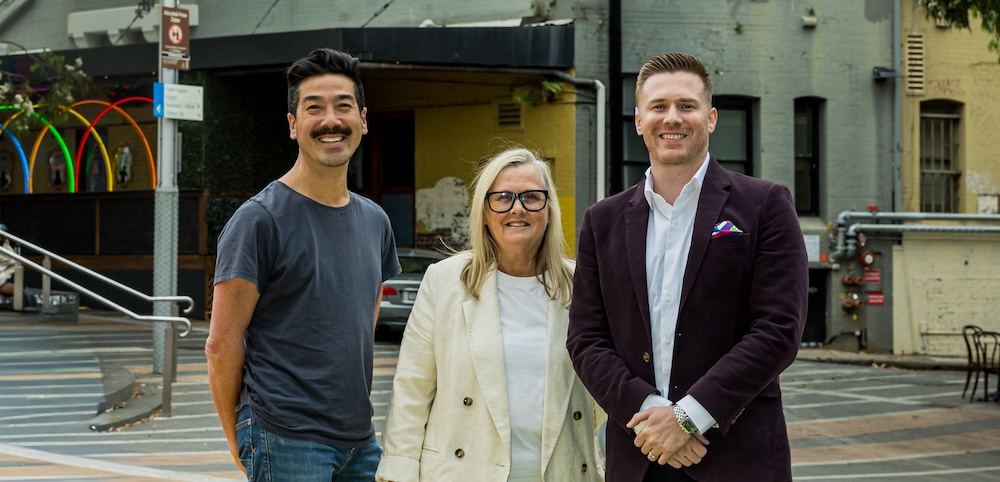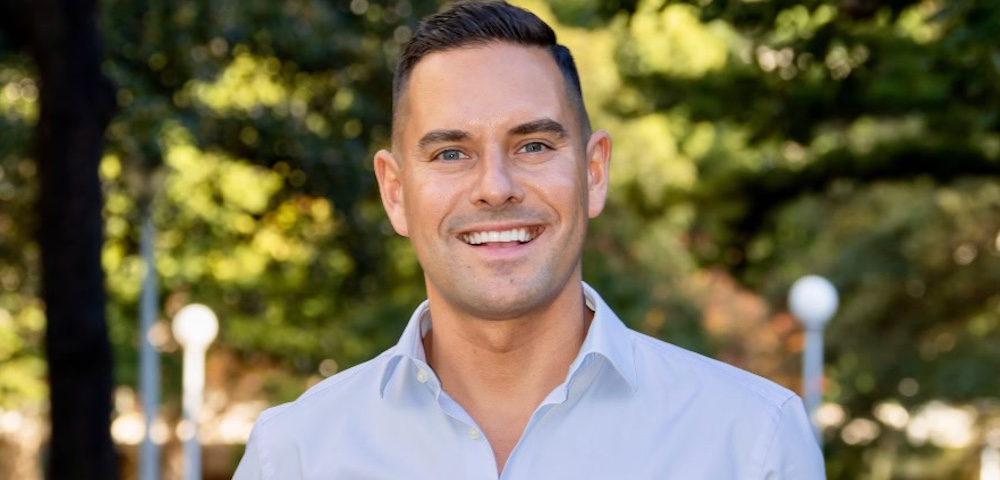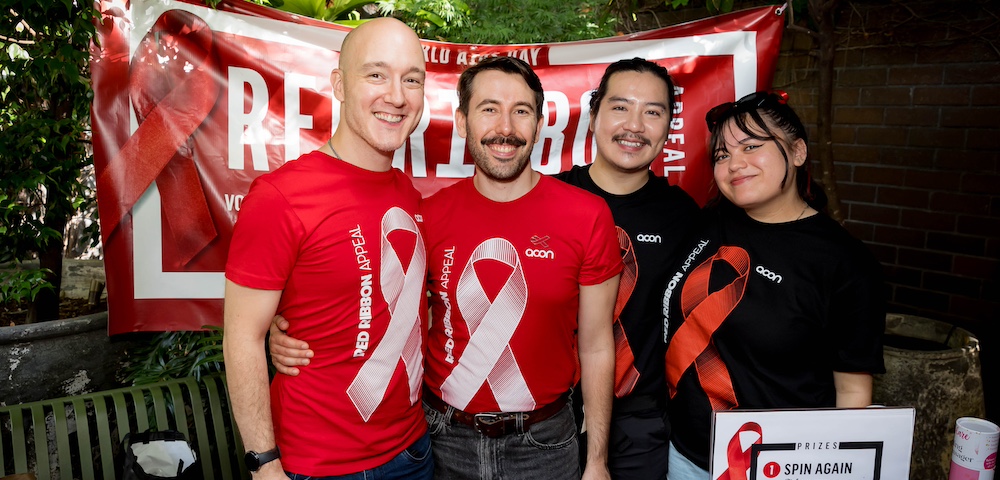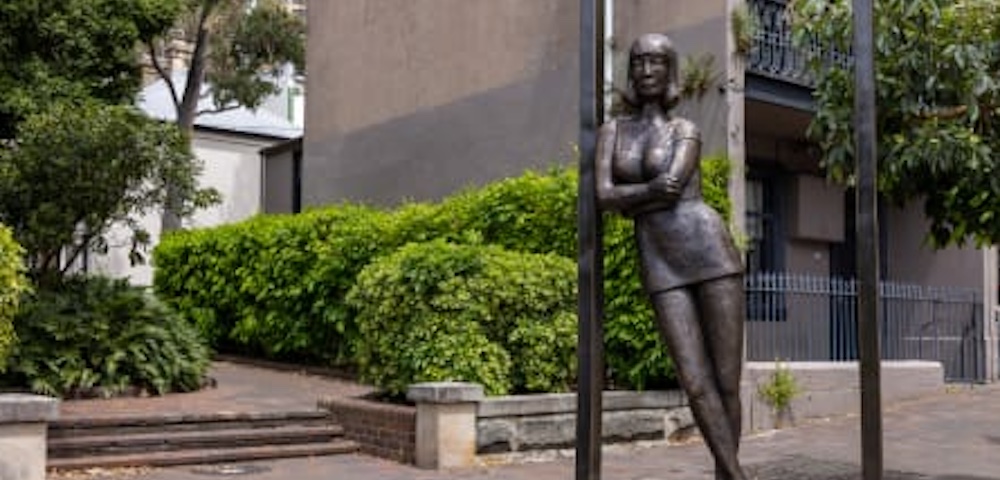
Asia’s HIV crisis
Asia is facing a surge in HIV over the next five years, with infection rates among homosexual men already high enough to spark a major epidemic in the gay community, an international AIDS summit in Japan heard this week.
With the highest recorded HIV infection rates in 2004 after sub-Saharan Africa, the Asia-Pacific faces a silent tsunami according to J.V.R. Prasada Rao, director of a United Nations AIDS program in the region.
Prevention efforts are needed to target groups with high HIV infection rates, including gay men, Rao told the international congress on AIDS in Asia and the Pacific, held this week in Kobe, Japan, Associated Press reported.
One study indicates anti-HIV messages have reached just one percent of men who have sex with men across 16 Asian countries.
About 8.2 million people have HIV/ AIDS in Asia and the Pacific, according to UN reports, while a further 12 million infections could occur in the next five years if prevention efforts are not stepped up.
However, an explosion in HIV rates among some gay communities in Asia could occur before 2010.
One workshop during the AIDS conference heard HIV rates among homosexual men in several Asian countries had already reached the two percent needed to spark a major epidemic, according to Australian Federa-tion of AIDS Organisations executive director Don Baxter, who was in Japan.
Figures showed 17 percent of Bangkok’s gay male community was HIV-positive, with Ho Chi Minh City in Vietnam recording an eight percent homosexual male infection rate. Many Chinese cities were reporting a one to three percent HIV-positive rate.
Delegates from several Asian countries said they faced major challenges in increasing gay men’s awareness of HIV/ AIDS.
In many of these countries -¦ community organisations cannot be legally established without government sponsorship and close oversight, Baxter said.
The exciting and innovative prevention programs reported are in their early stages, often operating largely voluntarily and in some cases only semi-legally.
[But] the eagerness, energy and bravery of many of the guys at the workshop was admirable.
Chinese gay activists are among those making progress in HIV education, in a country where 840,000 people are HIV-positive, according to government reports.
The Chinese government sent a gay HIV activist to last week’s international AIDS congress, alongside Chinese health officials, Baxter said.
With the Chinese government rapidly changing its approach to the HIV epidemic, AFAO was pleased to assist our brothers and sisters moving to a position where they can influence the central government to adopt the best possible policies.
But other Asian countries, including Thailand and conference host Japan, have been accused of responding slowly to HIV/ AIDS.
The Asia-Pacific AIDS congress, which ended on Tuesday, also heard one in five gay men in Sydney had at some point been paid for sex.
Garrett Prestage, a senior research associate at the National Centre in HIV Epidemiology and Clinical Research, presented the findings from a recent survey of 1,400 men, Associated Press reported.
The men who had been paid for sex tended to be younger people with lower incomes, Prestage said.
His findings correlate with other research into gay men’s behaviour in Australia, according to Juliet Richters, a senior research fellow at the National Centre in HIV Social Research.
But Richters told Sydney Star Observer this research indicated one-off occasions of being paid for sex, rather than a pattern of sustained sex work.









